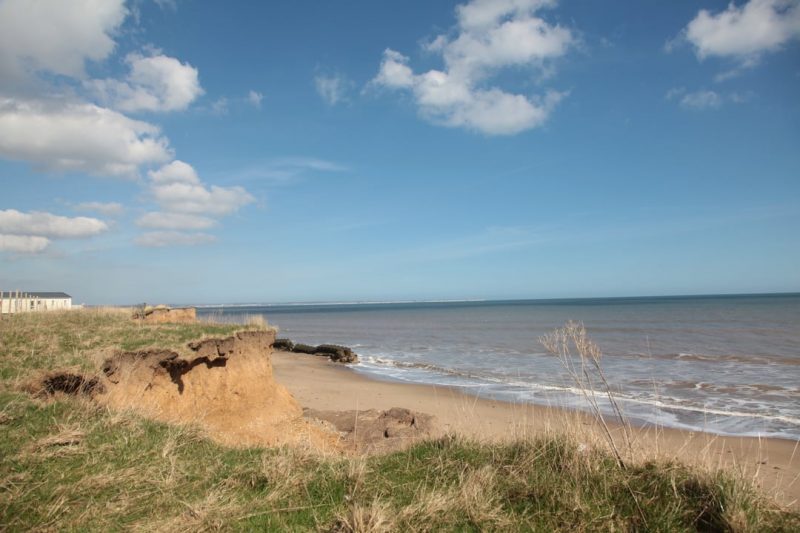Yorkshire’s rolling dales, dramatic coastline and historic cities—from York and Leeds to Sheffield—have long drawn visitors seeking a quintessentially English experience. As domestic and inbound tourism rebounds to near-pre-pandemic levels, entrepreneurs are eyeing the region’s hospitality sector with fresh enthusiasm. But how many hotels already operate here, are they generally profitable, and what does the tourism landscape look like in 2025? Moreover, what capital outlay should you budget for a three- or four-star property, and how can you streamline your launch? Read on for a detailed assessment.
Yorkshire’s Tourism Rebound
In 2023, the Yorkshire & Humber region recorded 1.1 million overnight visits, generating £644 million in spend—a modest 1 per cent rise on 2019 figures despite broader economic headwinds. Meanwhile North Yorkshire alone welcomed some 1.8 million domestic holiday trips, placing it among England’s top five counties for staycations that year. These numbers underscore a robust appetite for countryside escapes, heritage tourism and food-and-drink experiences that Yorkshire excels at offering.
How Many Hotels Are Already in York?
Focusing on the cathedral city of York—Yorkshire’s tourism flagship—there are 71 hotels spanning 19 branded chains, alongside a further 50 independent properties. From boutique guesthouses in the Shambles to mid-market business hotels near the railway station, this diversity reflects both the city’s heritage appeal and its capacity to serve corporate travellers.
Are Yorkshire Hotels Generally Profitable?
After the challenges of 2020–22, the UK hotel sector delivered another strong year of trading in 2024, with profitability margins improving despite rising cost pressures. In Yorkshire & Humber specifically, room occupancy climbed by 4 per cent year-on-year to November 2024, outperforming several other regions in the same period. Revenue per available room (RevPAR) grew by 2 per cent—just under the national inflation rate—while average daily rates held steady at £166. These metrics suggest that many Yorkshire operators have successfully balanced price and occupancy to restore healthy profit margins.
Tourism Outlook for 2025
VisitBritain forecasts that inbound visitor numbers nationwide will reach 38.7 million in 2024, with spend up 5 per cent from the previous year, signalling a sustained recovery in international tourism. Locally, popular events—such as the Tour de Yorkshire and heritage festivals in York and Beverley—continue to boost shoulder-season demand. With domestic petrol prices stabilising and the pound remaining competitively weak, Yorkshire stands to capture both staycationers and overseas guests keen to explore the Dales, Moors and coastal towns.
Budgeting for a 3-Star or 4-Star Hotel
Accurately forecasting your capital requirements hinges on “cost per room” benchmarks. Industry data show that constructing a standard three-star hotel can range from $190 to $375 per square foot, while four-star builds cost between $260 and $410 per square foot—reflecting added amenities such as spas and conference facilities. Assuming an average room size of 350 sq ft, that equates to roughly $66,000–$131,000 per room for three-star and $91,000–$143,000 per room for four-star. At today’s exchange rates, entrepreneurs can expect to invest in the region of £60,000–£120,000 per key for a three-star build, rising to £80,000–£125,000 per key for a four-star property. For a 50-room three-star hotel, the full development cost would therefore approximate £3 million–£6 million, with a high-end four-star scheme pushing toward £4 million–£6 million.
Tips and Advice for a Smooth Launch
- Site Selection and Planning
Seek locations close to transport hubs or popular attractions—York station, Harrogate’s Turkish Baths or the seaside town of Scarborough. Engage planning consultants early to navigate conservation-area restrictions and secure change-of-use consents for commercial-to-hotel conversions. - Finance Structuring
Blend equity with senior debt; many regional banks offer hospitality-sector lending at competitive margins. Factor in a 15 per cent contingency to cover unexpected build-cost inflation. - Operational Excellence
Hire a mix of seasoned hotel managers and local talent. Offer training programmes that develop leadership and “skills for cv” such as revenue management, guest-relations software proficiency and sustainability auditing. - Yield Management Technology
Implement a modern Property Management System (PMS) with dynamic pricing to optimise occupancy and rate parity across booking channels. - Marketing and Distribution
Leverage online travel agencies (OTAs) for initial bookings but build your own direct-book channel with an SEO-optimised website and flexible cancellation policies. - Sustainability Credentials
Invest in energy-efficient boilers, low-flow fittings and waste-reduction programmes to achieve Eco-Tell certification—a growing expectation among environmentally conscious travellers. - Local Partnerships
Collaborate with tour operators, event organisers and local food producers to package immersive experiences, from guided Dales hikes to farm-to-fork tasting menus. - Governance and Compliance
Register with the local council’s health and safety team, secure a premises licence for alcohol sales and draft a formal letter to neighbourhood forums if you plan structural alterations within conservation zones.
For strategic planning, you might even draft a swot analysis example comparing your proposed location’s strengths (heritage appeal), weaknesses (seasonal volatility), opportunities (food-tourism trends) and threats (rising energy costs).
Conclusion
Opening a hotel in Yorkshire offers a compelling proposition amid a robust recovery in both domestic and inbound tourism. With roughly 71 hotels already operating in York and positive occupancy and profit trends across the region, market entry—while competitive—is far from closed. By carefully budgeting for development costs, securing the right permissions, embracing sustainability and deploying sophisticated revenue-management tools, new entrants can carve out profitable niches. Yorkshire’s blend of urban culture and rural charm ensures that, for those who plan wisely, the White Rose county remains a bright prospect for hospitality investment in 2025 and beyond.



